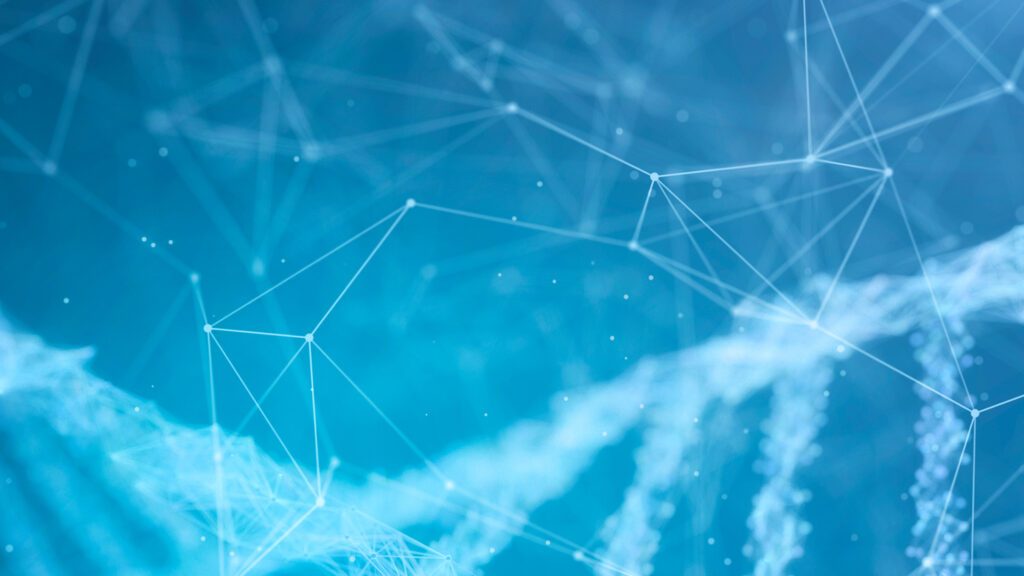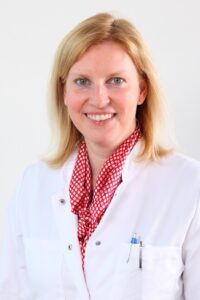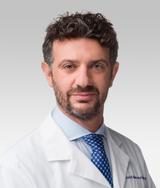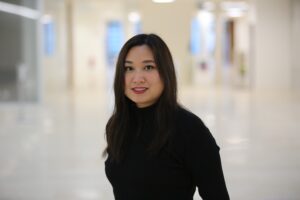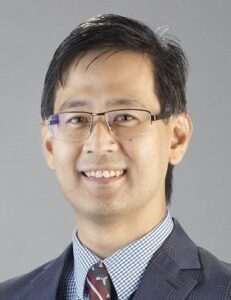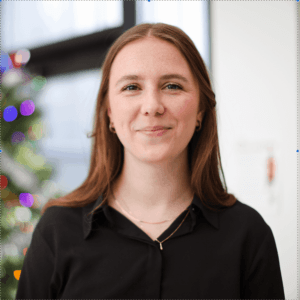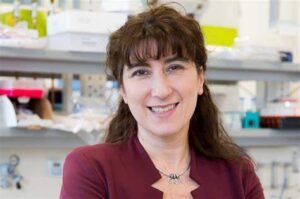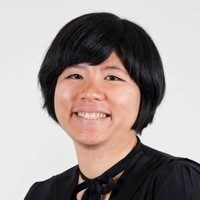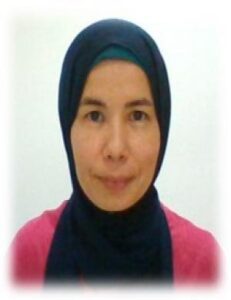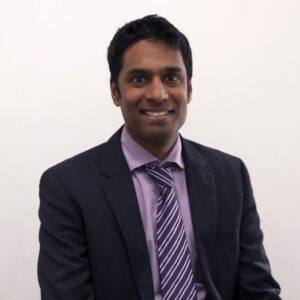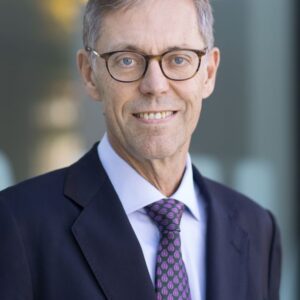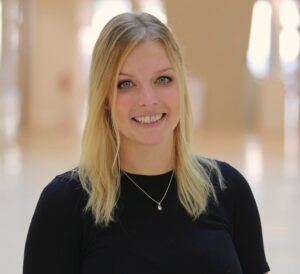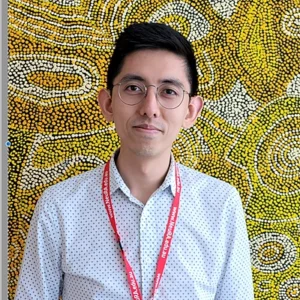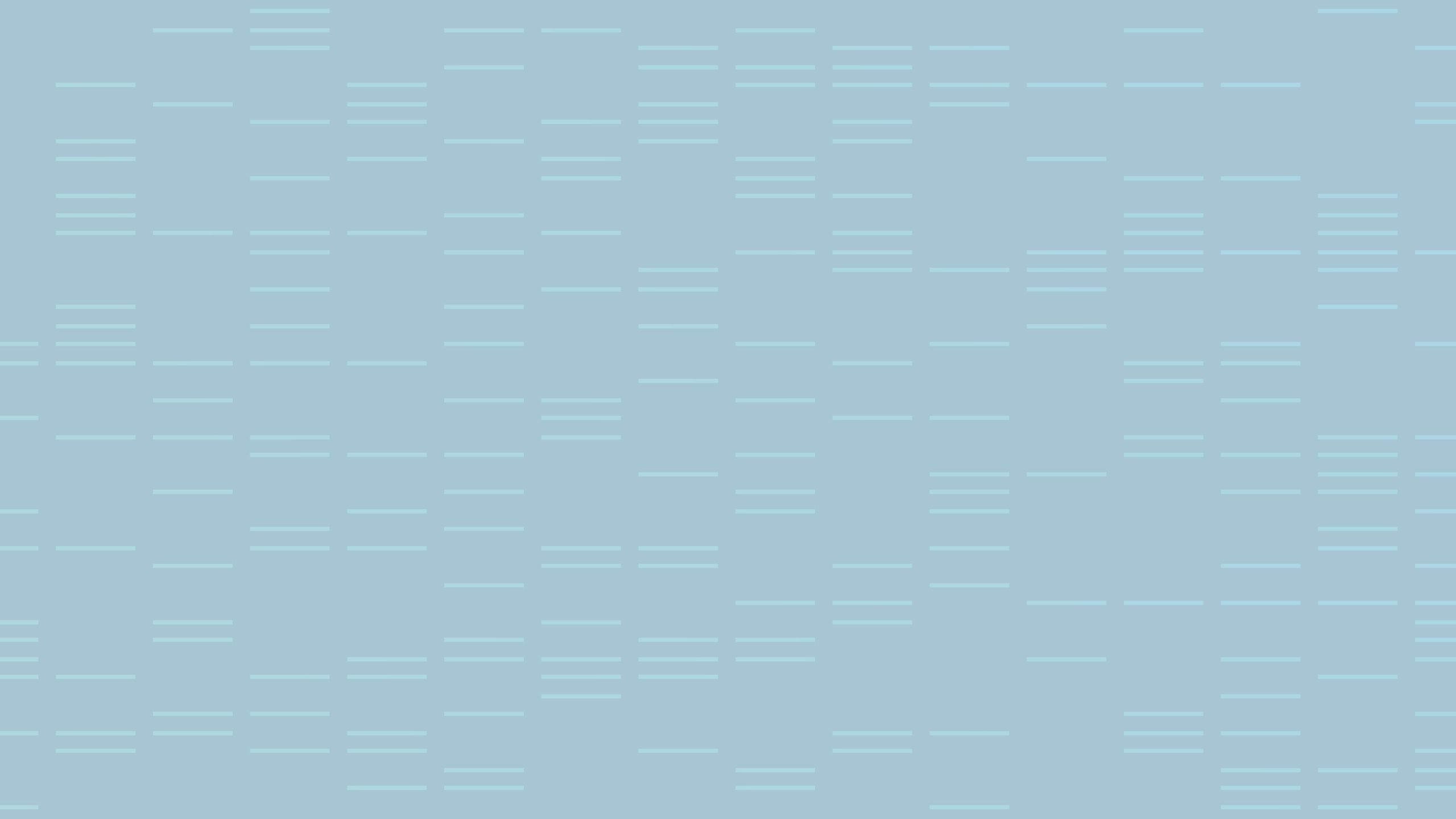
Monogenic Network
About the Monogenic Network
The Monogenic Network aims to identify novel genetic causes of monogenic Parkinson’s disease (PD) – forms of PD where pathogenic variants in a single PD-linked gene are considered causative of the disease. Leveraging GP2’s global network of researchers contributing patient samples, the Monogenic Network has been recruiting thousands of patients and relatives from families in whom a monogenic cause is known or suspected, with an emphasis on families from underrepresented populations.
Pathogenic variants in all currently known PD genes have been found in various populations around the globe; however, some occur at highly variable and population-specific frequencies, the most striking example being the p.G2019S variant in the LRRK2 gene. Additionally, population-specific hereditary forms of PD or parkinsonism may exist, as exemplified by X-linked dystonia-parkinsonism, a condition exclusively present in patients of Filipino ancestry.
The Data Generation Working Group collects families and single cases, as well as parent-offspring trios. Samples undergo short-read whole-genome sequencing and, in a subset of cases, long-read whole-genome sequencing. Clinical data are collected in a standardized fashion and undergo quality control. The Data Analysis Working Group analyzes this genomic data for the presence of potentially pathogenic variants, which are then validated in silico and in vitro.
The Monogenic Network invites collaborators to participate in the Network's open meetings once a month (first Friday of the month at 1:30 pm CET).
Milestones
Completed
- Recruited over 70 centers to participate
- Collected ~4,000 samples eligible for inclusion into the Monogenic Network
- Welcomed over 15 visitors and trainees at different research institutions of members of the Monogenic Network
- Monogenic Network website and Monogenic Portal developed and online
Active
- Recruited over 100 centers worldwide to participate
- Collected over 8,000 DNA samples from study participants
- Developed and established genetic analysis pipeline
- Welcomed over 25 visitors and trainees at different research institutions of members of the Monogenic Network
- Established the Return of results working group within the Monogenic Network
- Established the Large Families Incentive Initiative to assist researchers with recruitment of trios and families with multiple affected family members (https://monogenic.gp2.org/LargeFamilyIncentive.html)
